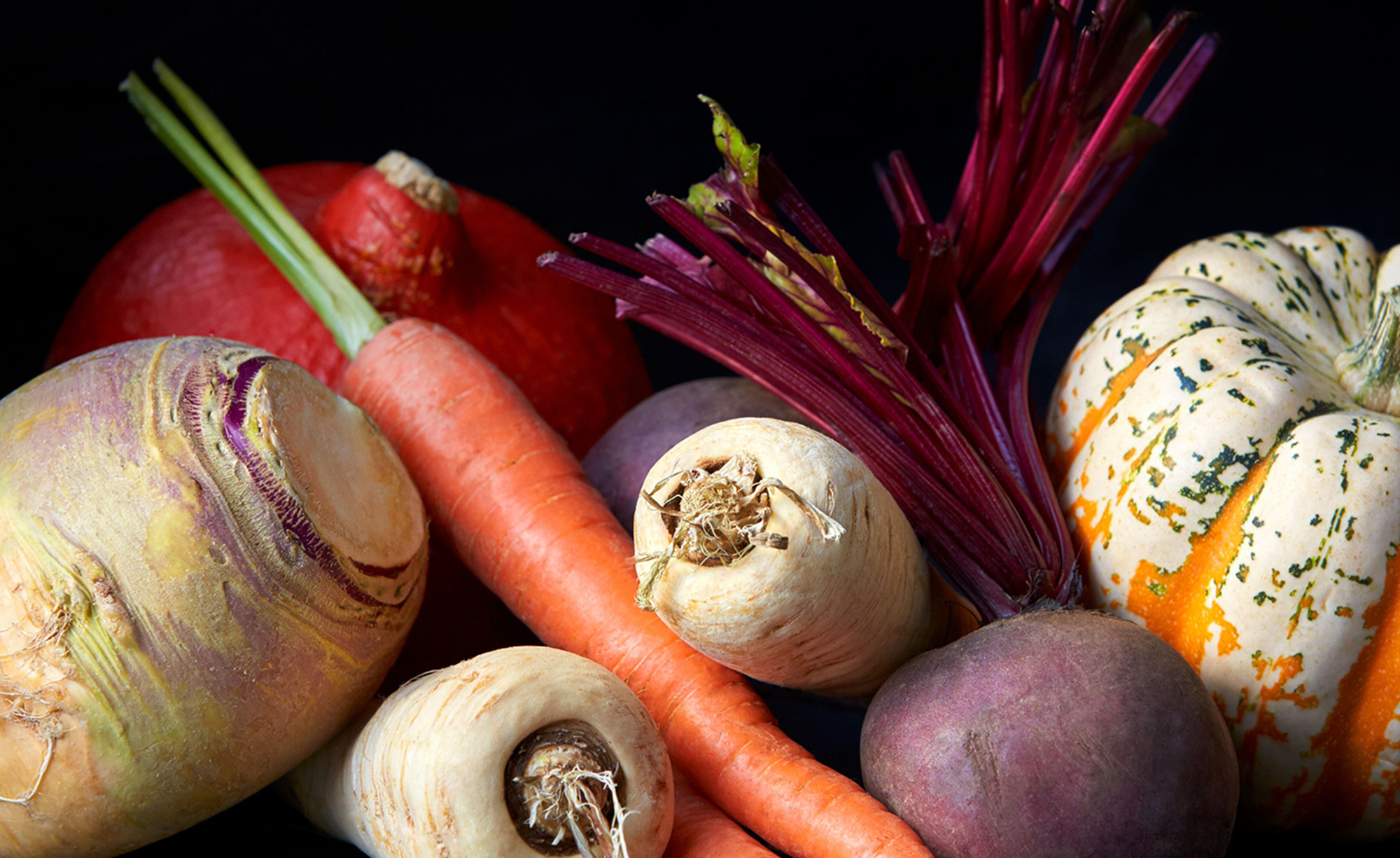Vegetable crisps might actually be worse for you than normal crisps
This changes everything in our minds


This changes everything in our minds
OK, so first we heard the debate that cooking with coconut oil (or copra oil) could be bad for you and then we found out all the supposedly healthy foods that are actually terrible for us.
And now, nutritionists are warning against eating vegetable crisps as a 'healthy' alternative to normal crisps.
According to them, a crisp is still a crisp.
Studies have shown that vegetable crisps are made up of less than 2/3 vegetables and over 1/3 salt and oil
'As a nutritionist, I’ve seen this first hand in weight loss clinics where clients may eat even as much as double a portion size of a product if it’s perceived to be healthy,' expert nutritionist Charlotte Stirling-Reed outlined to Wren Kitchens, who commissioned the Behind the Label project.
So, basically, thinking of vegetable crisps as one of your five a day is just not accurate (sorry.)
Celebrity news, beauty, fashion advice, and fascinating features, delivered straight to your inbox!
'The concern with products that are often seen as ‘healthier alternatives’ such as vegetable crisps, is they don’t always match up to their reputations. Crisps are crisps, and even if they are made with vegetables, they are likely to contain too much in the way of fat, saturated fat and salt. In fact, the vegetable crisps here have higher levels of saturated fat and salt than some well-known, regular crisp brands,' Charlotte continues.
'Often, when ingredients such as salt, sugar or fat are taken out of a food, it can lead to changes in the texture, taste, mouthfeel and shelf life of a product. This means that manufacturers are constantly looking for suitable alternatives to ensure that foods don’t lose their acceptability with consumers.'
And, it's the same with no-sugar, low-calorie drinks that are usually loaded with artificial sweeteners like aspartame and acesulfame-K which have been shown to be connected to irritability and depression.
'Sweeteners have been a controversial issue in the UK and Europe for a number of years. They are used in foods as a replacement to sugar and therefore replicate a sweet taste. There is some argument that to reduce sugar intakes it would be best to reduce the ‘sweetness’ we have become accustomed to in our foods, but we don’t have enough research to make any solid recommendation on this.'
